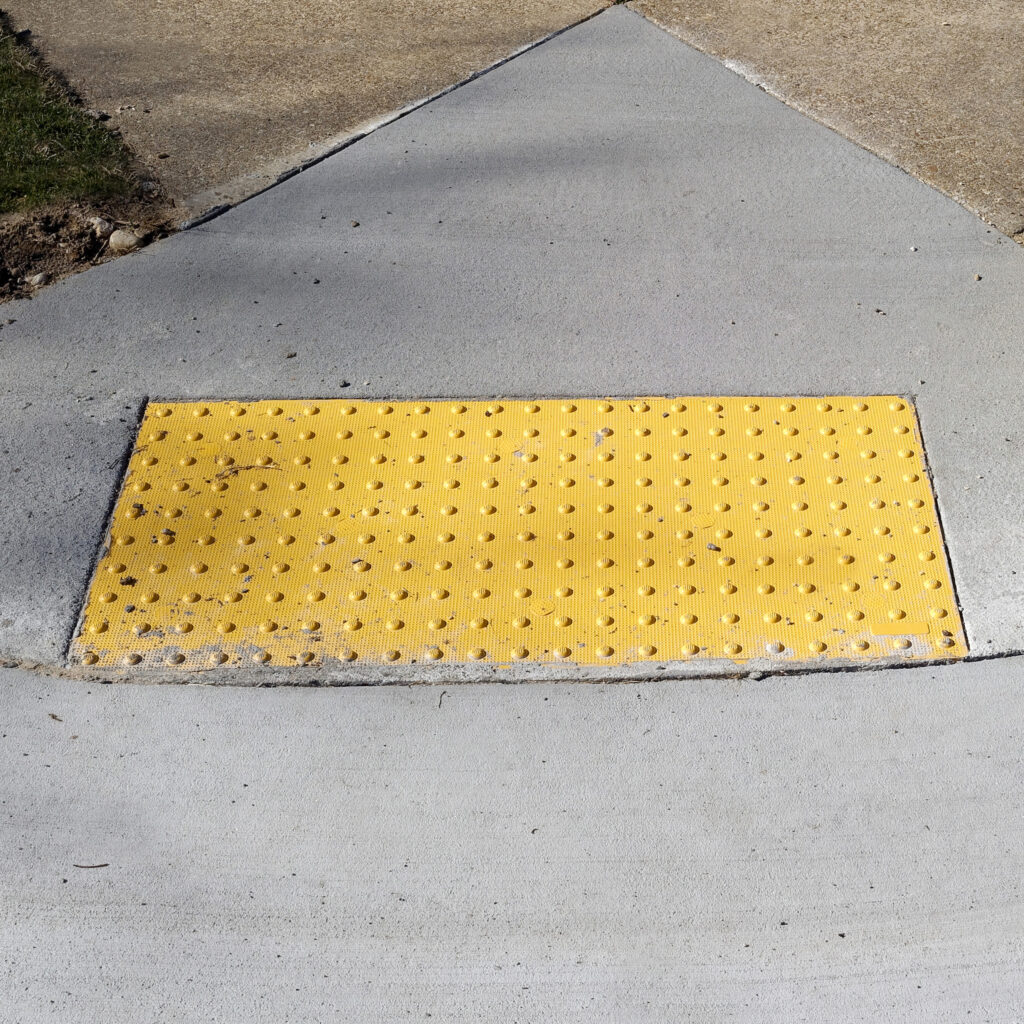 In celebration of Disability Pride Month, and the signing of the Americans with Disabilities Act (ADA), we present this series of blog posts highlighting the impact of this monumental civil rights legislation. The ADA played a transformative role in promoting accessibility, equity, and inclusion of people with disabilities. Let’s celebrate these achievements and continue to work towards a more accessible and inclusive world for everyone.
In celebration of Disability Pride Month, and the signing of the Americans with Disabilities Act (ADA), we present this series of blog posts highlighting the impact of this monumental civil rights legislation. The ADA played a transformative role in promoting accessibility, equity, and inclusion of people with disabilities. Let’s celebrate these achievements and continue to work towards a more accessible and inclusive world for everyone.
Accommodations
An accessible society is beneficial to everyone. Let’s take the word “disability” out of the conversation for just a moment and think about these questions: Do you remember the last time you went to the grocery store and wheeled your cart out the door? What about rolling a suitcase into the airport or your kid’s stroller through the park? Did you have to walk up those ten flights of stairs to get to your office yesterday?
The automatic doors, curb cuts and elevators we use daily are just a fraction of the universal designs that have become necessary to our lives. They’re so ubiquitous, we barely notice them. Most of these conveniences came about as a result of the passage of the ADA.
Making programs, services, and spaces available for people with disabilities is called accommodation.
Accommodation can be as simple as posting information signs in large print or as complex as reworking the footprint of a building to add wheelchair accessible restrooms. Regardless of the scope, the law states that accommodations must be “readily achievable and easily accomplished.”
Other accommodations like flexible work schedules, ergonomic furniture and modifiable computer programs all provide more possibilities for people with disabilities to integrate into conventional places of business. These have also become indispensable tools for society in general.
According to the Job Accommodation Network (JAN), there are at least 36 types of disabilities that can be reasonably and easily accommodated in the workplace and public spaces.
There are economic benefits to opening the workplace to people with disabilities, as well. Reduced poverty rates, technological innovation, entrepreneurship, and an expanded consumer base are all benefits of making room at the table for people with disabilities.
Universal design facilitates participation, freedom of choice, and integration. Everyone needs the proper tools and environment to be successful. Because of the ADA, those accommodation and universal designs are becoming more and more a part of our cultural landscape.
For more information, visit Reasonable Accommodations.